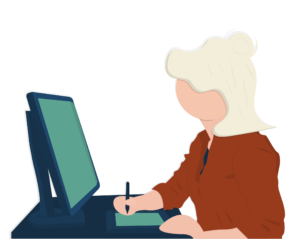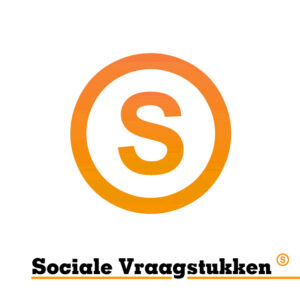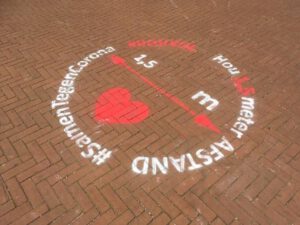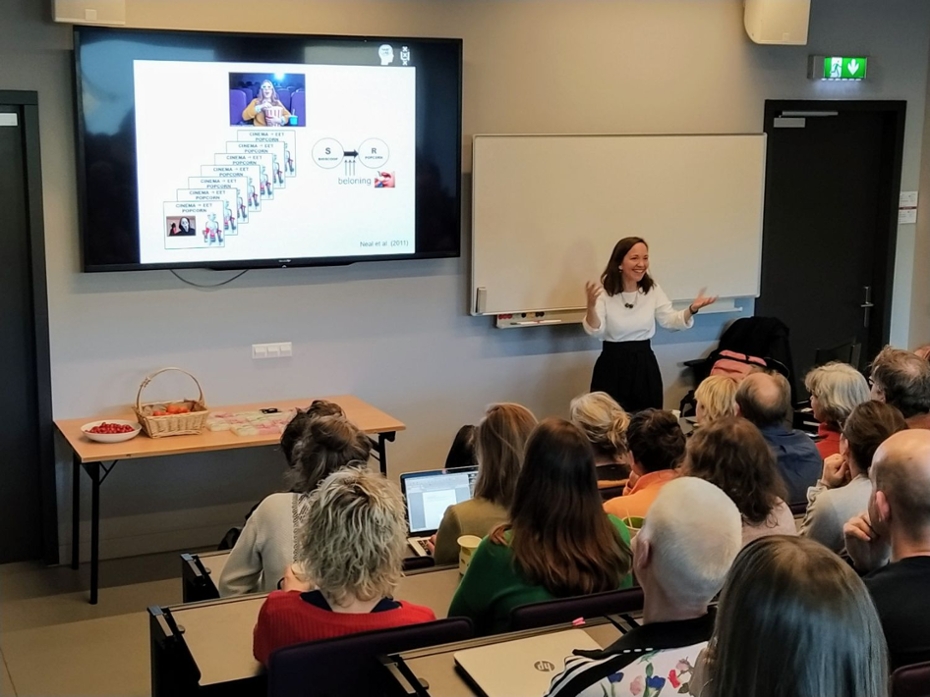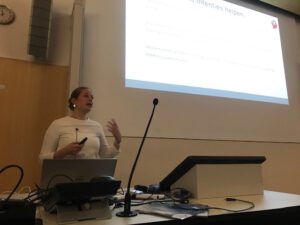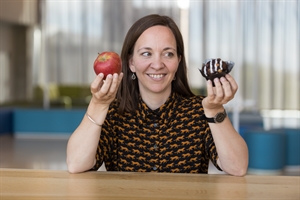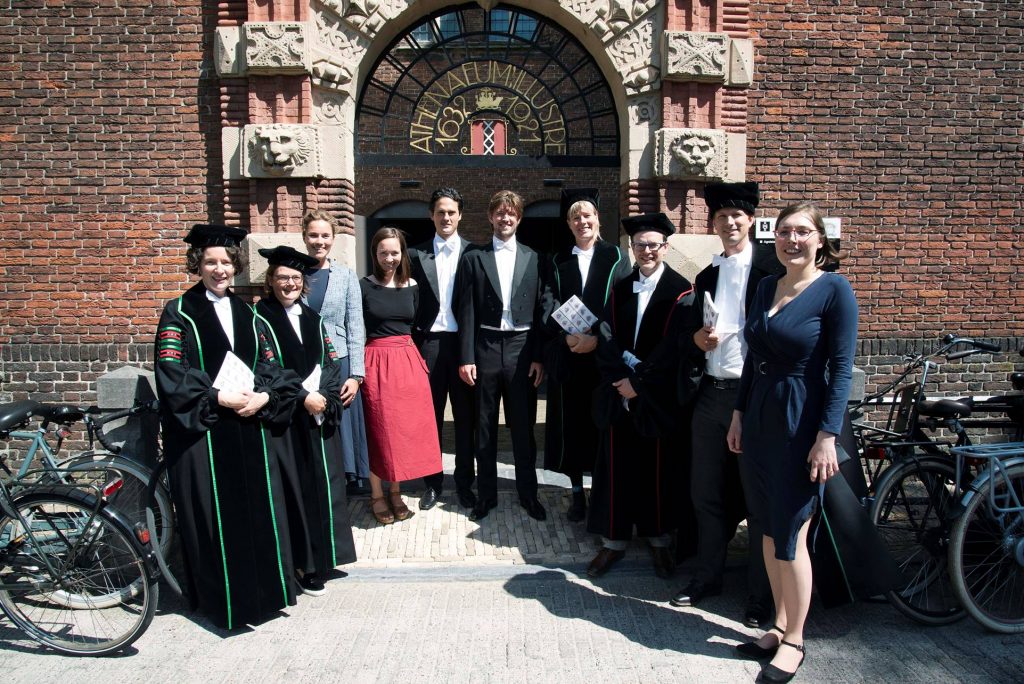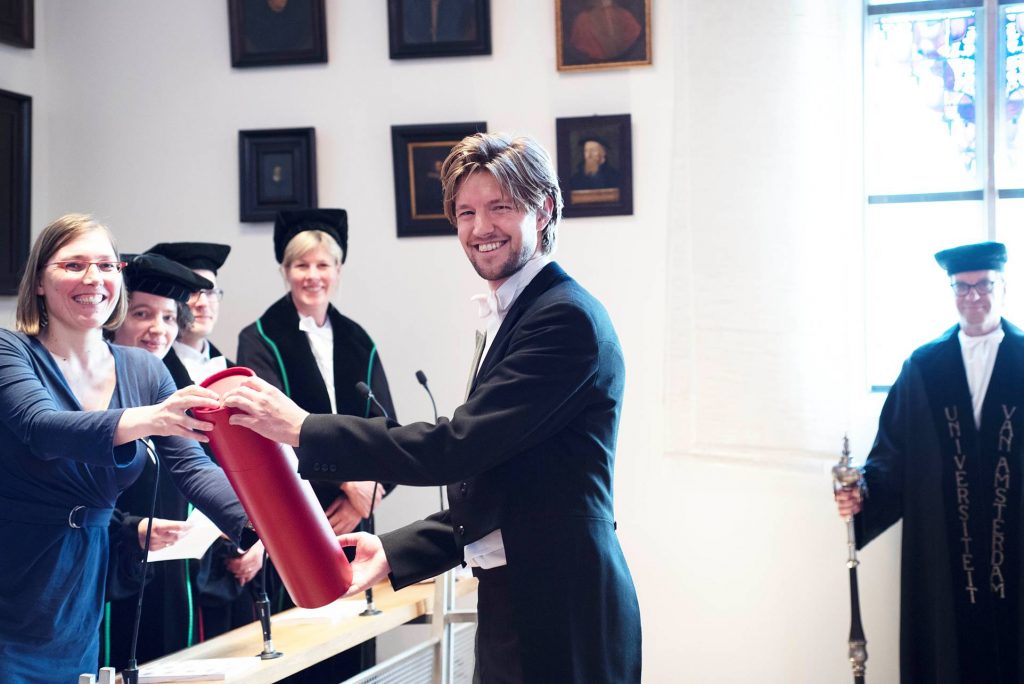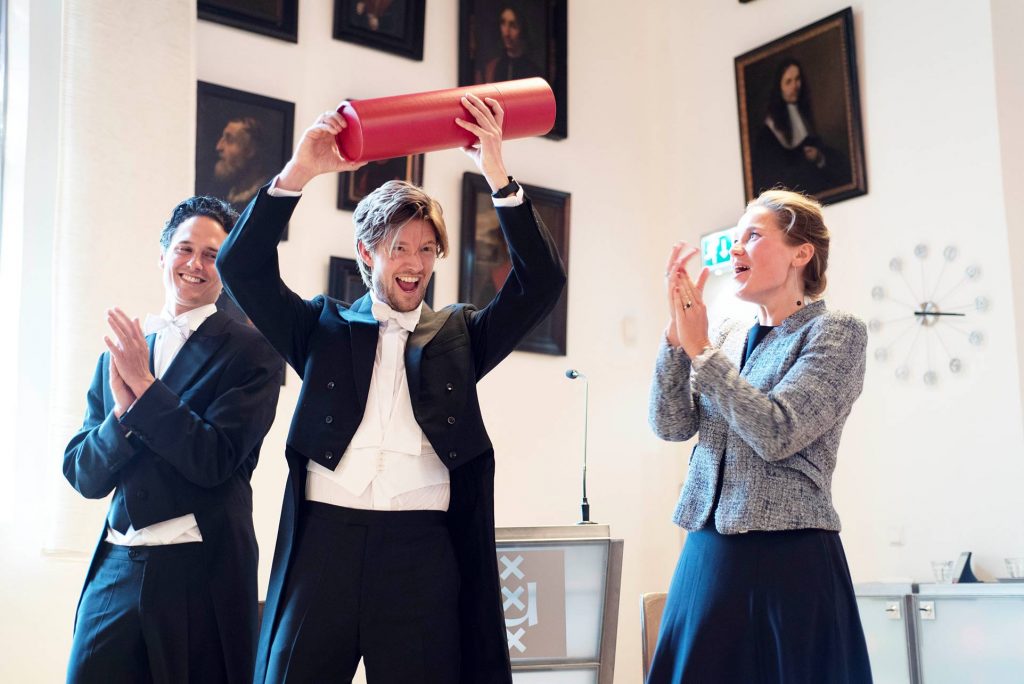As part of a unique multidisciplinary research team, the Habit Lab is involved with one of the UMH projects, focussing on active and healthy aging. Under supervision of Prof. Richard Ridderinkhof (Dept. of Psychology – Developmental and Brain & Cognition), dr. Harm Krugers (SILS-CNS), Prof. Jaap Murre (Dept. of Psychology – Brain & Cognition) and dr. Sanne de Wit (Dept. Clinical Psychology, Habit Lab), Lotte Brinkhof will dedicate her PhD research to improving our understanding of the factors that affect healthy aging and resilience to stressful perturbations. The central part of this project concerns a network analysis, with the aim to find out which (and how) factors influence healthy aging and resilience to cope with (stressful) disruptions. These insights will then be used to develop and test personalized (preventive) interventions, specifically aimed at improving flexibility of behaviour and habit formation. As previous research has shown that people rely more and more on their habits as they age, it is expected that such interventions will be especially helpful in the elderly to promote the development of automatisms and thereby facilitate the achievement of goals. In addition, we will conduct translational studies (in rodents) to look at the direct influence of stressful perturbations on cognitive flexibility and habit formation during aging. This will help to understand and define the circumstances (and limitations) for optimal application of the interventions to stimulate habit formation. The ultimate goal: promoting healthy aging (in urban settings).
The newly founded Centre for Urban Mental Health (UMH) aims to unravel the complexities behind mental health in urban environments and develop new intervention strategies. Research is aimed at understanding why some groups or individuals thrive in an urban setting, whereas others are vulnerable, get stuck and develop mental problems.
https://www.uva.nl/en/shared-content/zwaartepunten/en/urban-mental-health/urban-mental-health.html


